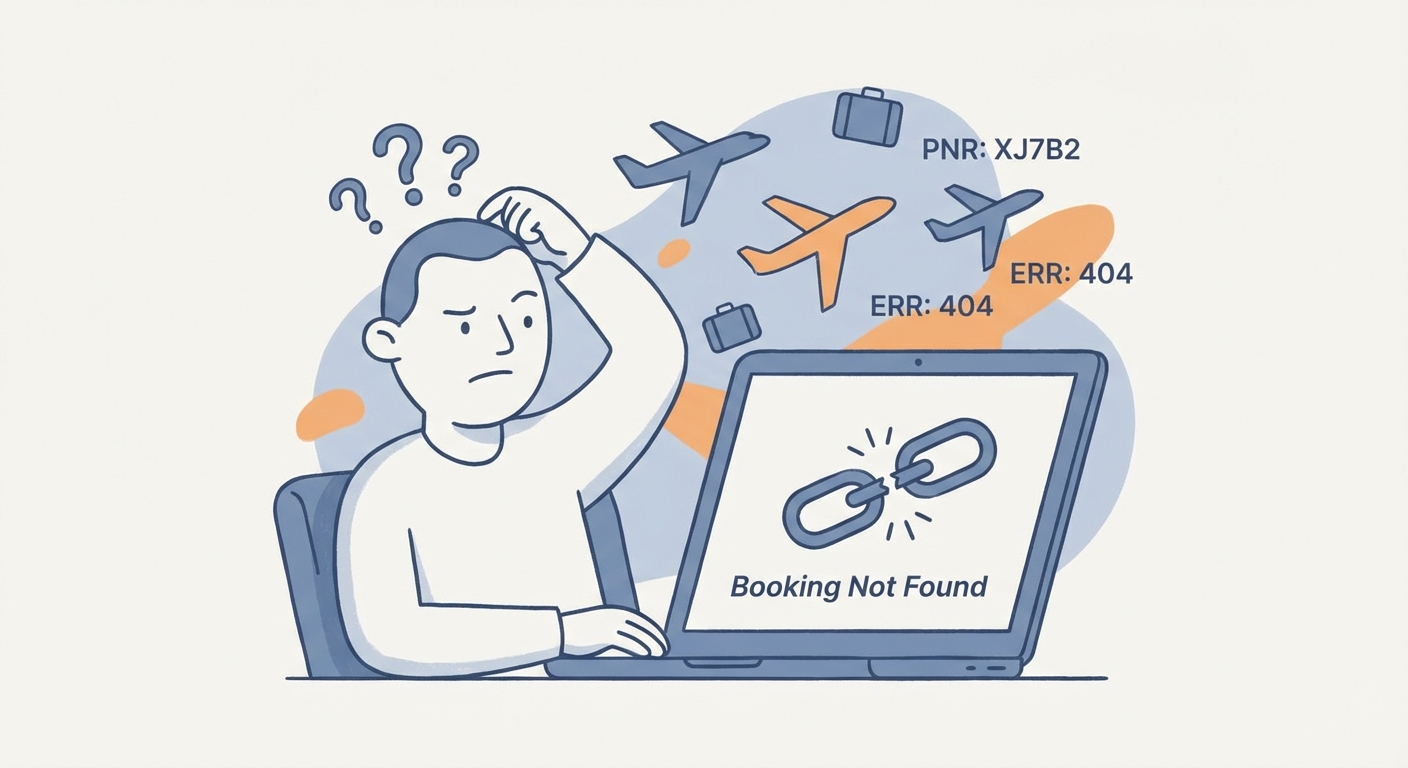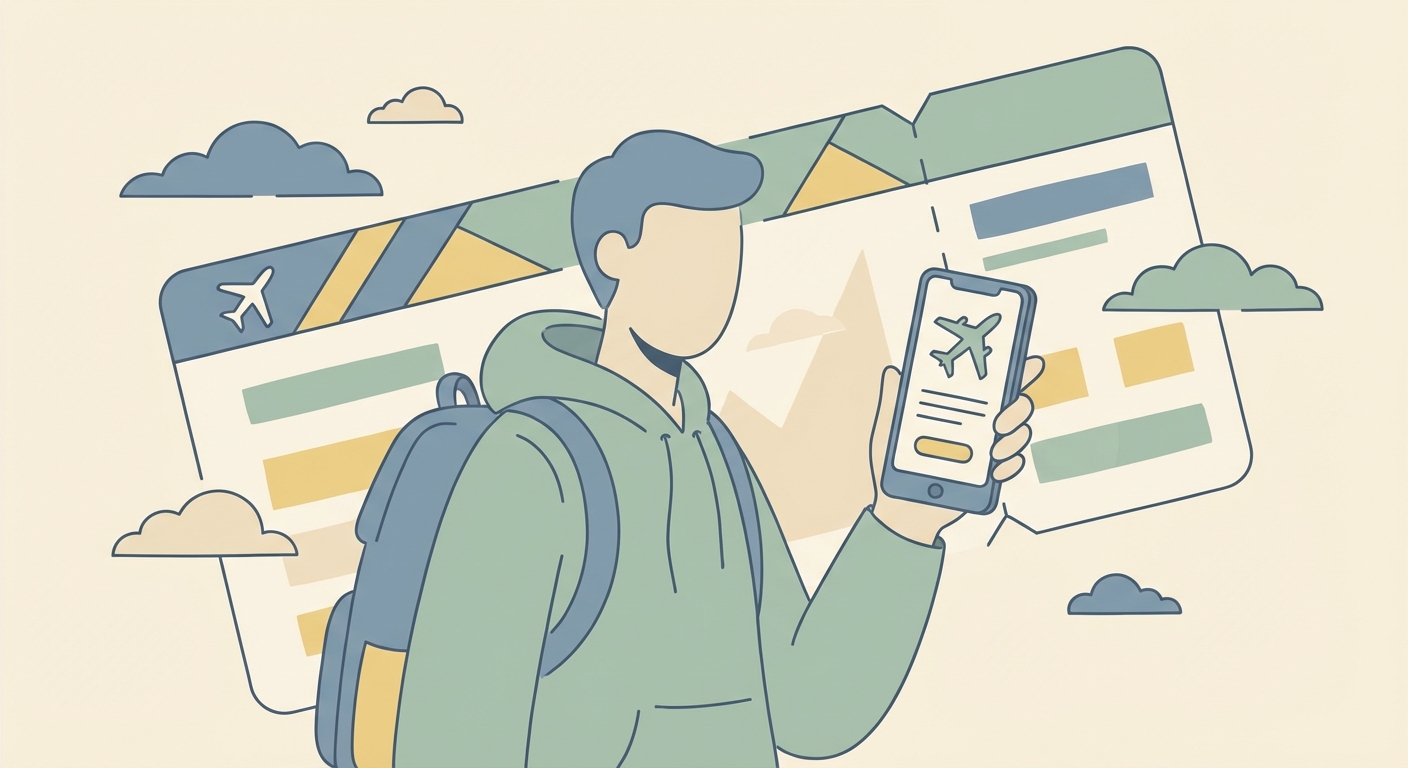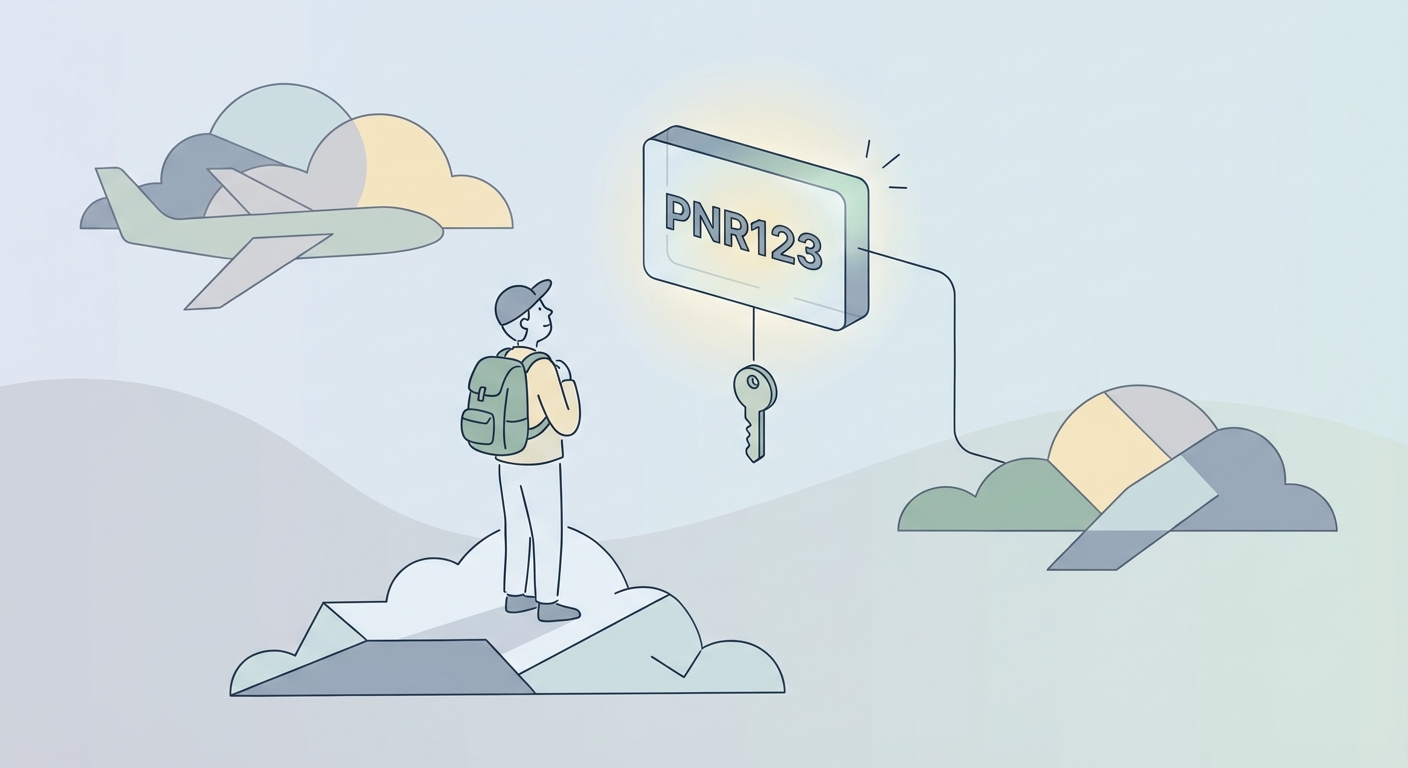Your Ultimate Guide to Travel Health and Safety: Navigating the New World of Adventure
Understanding the Evolving Landscape of Travel Health and Safety
The world of travel has transformed, and with it, the way we perceive health and safety. Are you ready to navigate this new landscape?
Today's travel environment demands a heightened sense of awareness. It's not just about avoiding the obvious dangers anymore; it's a whole new ballgame. Think about it – before, travel was more about the destination itself, less about the "how" of staying safe. Now, the entire experience is shaped by a greater understanding of potential risks.
Here's what's different:
- Shift to Heightened Awareness: Travelers are now far more conscious of potential health risks. (Investigating Awareness Regarding Travel-Related ...) This includes everything from infectious diseases to hygiene standards. It's like everyone suddenly got a crash course in public health.
- Emphasis on Hygiene and Sanitation: Expect to see increased cleaning protocols, readily available hand sanitizers, and a focus on minimizing contact points Survival Guide to Safe and Healthy Travel | Travelers' Health - relevant for understanding basic safety guidelines. This is a big one, and honestly, it's probably here to stay.
- Digital Solutions: Contactless check-ins, digital boarding passes, and mobile payment options are becoming the norm. (CONTACTLESS PAYMENT OPTIONS BECOMING THE ...) These technologies aim to reduce physical interactions, thus minimizing risk. It's all about making things smoother and, well, safer.
Navigating travel regulations can feel like a maze, so let's break it down:
- International Health Regulations: Organizations like the WHO provide guidelines, but these are not always consistently applied across borders. This is often due to varying national capacities, political considerations, or simply different interpretations of the guidelines. What one country mandates, another might overlook.
- Country-Specific Requirements: Entry requirements vary widely. Some countries may require proof of vaccination, negative COVID-19 tests, or even mandatory quarantine periods. Always check the latest advisories for your destination Travel Health & Safety Info - important for understanding country-specific entry requirements.
- Regional and Local Mandates: Within a single country, different regions or cities may have their own rules regarding mask mandates or social distancing. It's a layered approach to safety.
Travel agencies and booking platforms now play a crucial role in keeping you informed:
- Up-to-Date Information: Reputable agencies provide the latest health and safety information, helping you make informed decisions.
- Traveler Awareness: Booking platforms are increasingly responsible for ensuring travelers are aware of potential risks and necessary precautions.
- Flexible Booking Policies: Look for agencies and platforms that offer flexible booking options and comprehensive travel insurance.
Understanding these key shifts is the first step in planning a safe and healthy adventure, but how do you ensure your own well-being on the road?
Pre-Departure Preparations: Your Health and Safety Checklist
Did you know that a little preparation can drastically reduce your chances of encountering health or safety issues while traveling? Let's dive into essential pre-departure steps to ensure a smooth and secure journey.
Before embarking on any international adventure, schedule a consultation with your healthcare provider. This is crucial for several reasons:
- Personalized Advice: Your doctor can provide tailored recommendations based on your specific destination, planned activities, and health history. They know you best, after all.
- Vaccinations and Medications: Certain destinations require or recommend specific vaccinations and preventative medications. Resources like the "Survival Guide to Safe and Healthy Travel" offer essential guidelines on what you might need, covering things like malaria prophylaxis or specific travel-related vaccines.
- Managing Existing Conditions: Discuss strategies for managing pre-existing health conditions while traveling, including medication management and emergency protocols. It's about being prepared for anything.
Travel insurance is more than just an optional add-on; it's a crucial safety net. Consider these factors when selecting a policy:
- Comprehensive Coverage: Understand the different types of travel insurance policies available, including medical, cancellation, and emergency evacuation coverage. Don't just go for the cheapest option; make sure it actually covers what you need.
- Policy Limits and Exclusions: Carefully review the fine print to understand coverage limitations and exclusions. This is where many people get caught out.
- Emergency Assistance: Ensure the policy includes 24/7 emergency assistance services and clearly outlines procedures for filing claims. Knowing who to call and what to do in an emergency is key.
A well-stocked travel health kit can be a lifesaver when you're on the road. Here are some essential items to pack:
- First-Aid Supplies: Include bandages, antiseptic wipes, pain relievers, and any other basic first-aid items. Think of it as a mini-hospital in your bag.
- Prescription Medications: Pack an ample supply of any prescription medications you require, along with copies of your prescriptions. It's always better to have too much than too little.
- Sanitizers and Hygiene Products: Hand sanitizer, disinfecting wipes, and other hygiene products are essential for maintaining cleanliness and preventing the spread of germs.
With your preparations in order, you're ready to embark on your adventure. Now, let's focus on staying safe and healthy once you're on the ground.
On-the-Ground Safety: Navigating Risks During Your Adventure
Did you know that simple awareness can significantly reduce travel risks? Let's explore how to navigate potential hazards while keeping your adventurous spirit alive.
When exploring new destinations, prioritize safe transportation. Here's how:
- Choosing reputable providers: Opt for licensed taxis, well-known ride-sharing services, or established tour operators. Check reviews and ensure vehicles appear well-maintained. Don't just hop into the first car that pulls over.
- Adhering to local laws: Always wear a seatbelt, and be aware of local traffic customs. Be extra cautious when crossing streets, especially in countries where traffic patterns differ. It's about adapting to the local rhythm.
- Being aware of scams: Be wary of overly friendly drivers or those who offer unsolicited services. Agree on a fare before starting your journey to avoid inflated prices. A little skepticism can go a long way.
Food and waterborne illnesses can quickly derail your adventure. Stay healthy with these tips:
- Choosing safe options: Hot, freshly cooked foods are generally safer. Avoid raw or undercooked meats, seafood, and unpasteurized dairy products. If it looks questionable, it probably is.
- Water purification: If safe bottled water isn't available, use water purification tablets or a portable water filter. Boiling water for one minute also effectively kills most harmful bacteria and viruses. Better safe than sorry when it comes to hydration.
- Recognizing and treating symptoms: Traveler's diarrhea is common, but recognizing symptoms early is key. Pack over-the-counter medications like loperamide and oral rehydration salts.
Maintaining personal security in unfamiliar environments requires awareness and proactive measures.
- Situational awareness: Pay attention to your surroundings and avoid walking alone in poorly lit or deserted areas, especially at night. Trust your instincts; if a situation feels unsafe, remove yourself immediately. Your gut feeling is often right.
- Protecting your belongings: Keep valuables out of sight and use a secure bag or money belt. Be cautious of pickpockets in crowded tourist areas and public transportation. Don't make yourself an easy target.
- Seeking help: Know the local emergency numbers and the location of the nearest embassy or consulate. Enrolling in the Smart Traveler Enrollment Program can assist in emergencies.
Staying safe on your adventure requires a blend of preparation, awareness, and common sense. Now, let's explore how to stay informed and connected while you're on your journey.
Destination-Specific Health Risks and Mitigation Strategies
Did you know that your dream destination could harbor invisible health risks? Understanding destination-specific health risks is paramount for a safe and enjoyable adventure.
Venturing into tropical paradises requires awareness of unique health challenges.
- Identifying common tropical diseases like malaria, dengue fever, and Zika virus is the first step. These diseases are often transmitted by mosquitoes, making prevention crucial. It's not just about the sun and sand.
- Preventative measures are essential, including using insect repellent with DEET, wearing long sleeves and pants, and sleeping under mosquito nets. Staying in accommodations with air conditioning and screened windows can also reduce exposure. Be a walking repellent fortress.
- Recognizing symptoms such as fever, headache, and rash, and seeking prompt medical attention if they appear, is vital. Early diagnosis and treatment can significantly improve outcomes. Don't tough it out if you feel unwell.
Dreaming of breathtaking mountain vistas? Be aware of altitude sickness.
- Understanding the causes and symptoms of altitude sickness is crucial for high-altitude travel. Altitude sickness occurs when your body doesn't adjust quickly enough to the lower oxygen levels at higher elevations. Symptoms can range from mild headaches and nausea to severe conditions like HAPE (high-altitude pulmonary edema) and HACE (high-altitude cerebral edema). These are serious, so pay attention.
- Acclimatization strategies are vital for preventing altitude sickness. Gradually increasing your altitude, staying hydrated, avoiding alcohol and strenuous activity, and eating a high-carbohydrate diet can help your body adjust. Take it slow and steady.
- Recognizing severe symptoms and knowing when to descend is essential. If symptoms worsen despite acclimatization efforts, immediate descent to a lower altitude is the best course of action. Your life could depend on it.
Whether it's a refreshing dip in a lake or exploring coral reefs, water activities come with potential health risks.
- Risks associated with swimming in freshwater and saltwater include exposure to bacteria, parasites, and viruses. Contaminated water can lead to gastrointestinal illnesses, skin infections, and more serious conditions. Think twice before drinking that ocean water.
- Preventing swimmer's itch and other waterborne infections involves avoiding swimming in areas known to be contaminated, showering after swimming, and drying off thoroughly. Wearing protective clothing, such as a rash guard, can also help reduce exposure.
- Safe diving and snorkeling practices are crucial for preventing injuries and illnesses. Proper training, using well-maintained equipment, and being aware of marine hazards can help ensure a safe and enjoyable experience.
Being informed and proactive can significantly reduce health risks, allowing you to fully embrace the wonders of your destination. Next, we’ll explore how to stay informed and connected while you're on your journey.
Leveraging Technology for Safer Travel
Traveling smarter means traveling safer, and technology offers incredible tools to enhance your well-being on the road. Let's explore how to use digital solutions to minimize risks and maximize peace of mind during your adventures.
- Overview of useful travel health apps: These apps can be invaluable resources. They provide features like tracking vaccinations, locating nearby medical facilities, and even translating medical terms into the local language. It's like having a medical assistant in your pocket.
- Features to look for: When choosing an app, prioritize those that offer offline access to information. Also consider apps with features such as medication reminders, first-aid guides, and direct communication with healthcare professionals. Offline access is a game-changer when you're out of service.
- Ensuring data privacy and security: Before downloading any health app, carefully review its privacy policy. Opt for apps from reputable sources and be mindful of the permissions you grant. Avoid storing sensitive personal health information directly on your device whenever possible. Your data is precious, protect it.
STEP, as mentioned earlier, is a free service provided by the U.S. Department of State. It allows U.S. citizens and nationals traveling abroad to register their trip with the nearest U.S. embassy or consulate.
- Benefits of enrolling in STEP: Enrolling in STEP means you'll receive travel alerts and safety updates specific to your destination. This can include information about potential risks, such as political unrest, natural disasters, or health emergencies. It's proactive safety.
- Receiving travel alerts and safety updates: STEP ensures you stay informed with the latest information from the U.S. Department of State. These alerts can help you make informed decisions and adjust your travel plans accordingly. Stay in the loop.
- Facilitating contact in case of an emergency: In the event of an emergency, STEP can help your family and friends contact you. It also allows the U.S. embassy or consulate to provide assistance if you encounter difficulties while abroad. It's a vital link back home.
"Monitor travel warnings for your destination. Enrolling also ensures that the US Department of State knows where you are if you have serious legal, medical, or financial difficulties while traveling. In the event of an emergency at home, STEP can also help friends and family contact you."
- Utilizing mobile check-in and digital boarding passes: Embrace the convenience of mobile check-in and digital boarding passes. These options minimize physical contact with airport staff and reduce the need to handle paper documents. It's a small step that makes a difference.
- Using contactless payment methods: Opt for contactless payment methods, such as credit cards or mobile payment apps, whenever possible. This reduces the risk of germ transmission associated with handling cash. Cash is king, but contactless is cleaner.
- Exploring touchless attractions and activities: Look for attractions and activities that offer touchless experiences. This could include virtual tours, outdoor adventures, or venues with enhanced hygiene protocols.
By strategically using technology, you can significantly enhance your health and safety while traveling.
GoTriply: Planning Your Adventure with Confidence
Planning an adventure can feel overwhelming, but what if you had a trusted companion to guide you? GoTriply is designed to be that confident co-pilot, ensuring your health and safety are top priorities while crafting unforgettable experiences.
GoTriply utilizes ai algorithms to analyze your travel preferences, risk tolerance, and desired activities, creating personalized itineraries. This ensures that your adventure aligns with your unique needs and comfort level. It's like having a travel guru who knows you.
The platform suggests activities, attractions, and local experiences that match your interests while also considering potential health and safety concerns. For example, if you're interested in hiking, GoTriply might suggest trails with lower foot traffic or recommend certified guides who adhere to strict safety protocols. Smart suggestions for a safer you.
GoTriply allows for complete customization, so you can adjust the itinerary to include more downtime, select accommodations with enhanced hygiene standards, or opt for private transportation options. You're in the driver's seat, with helpful nudges.
GoTriply offers in-depth destination guides that provide comprehensive health advisories and safety information. These guides include insights into local medical facilities, emergency services, and potential health risks specific to the region. Knowledge is power, especially when traveling.
These guides provide valuable insights into local customs, laws, and cultural norms, helping you navigate your destination respectfully and safely. Understanding local etiquette and regulations can prevent misunderstandings and ensure a more positive travel experience. Be a good guest.
GoTriply provides recommendations for accommodations, dining, and transportation options that prioritize health and safety. This includes hotels with enhanced cleaning protocols, restaurants with outdoor seating, and transportation services with strict hygiene standards. They do the vetting so you don't have to.
GoTriply's booking assistance ensures that you find accommodations and activities that adhere to high health and safety standards. Hotels and tour operators are vetted to ensure they meet stringent cleanliness and safety guidelines, providing an extra layer of security. Peace of mind, built-in.
The platform offers flexible booking options and support for travel insurance, protecting your investment in case of unforeseen circumstances. This allows you to book with confidence, knowing that you have options in case your plans change. It's about making travel less stressful.
GoTriply provides real-time updates and assistance to navigate changing travel regulations, keeping you informed about entry requirements, testing protocols, and other important travel advisories. This ensures that you're always up-to-date with the latest information. Stay ahead of the curve.
With GoTriply, you can confidently plan your next adventure, knowing that your health and safety are in capable hands.
Post-Travel Care: Monitoring Your Health and Well-being
Your journey doesn't end when you return home. Let's explore how to ensure lasting health and well-being post-travel.
- Recognize delayed symptoms and seek prompt treatment. Sometimes, illnesses don't show up right away. Common post-travel ailments can include lingering fatigue, digestive issues, or even rashes. If you feel off, don't hesitate to see a doctor and mention where you've been.
- Address re-entry stress with mindfulness and routine. Coming home can be surprisingly jarring. Try incorporating some calming activities like meditation or gentle exercise. Re-establishing a regular sleep schedule and healthy eating habits can also help ease the transition.
- Stay informed with reliable travel health updates. Even after you're back, it's good to be aware of any potential health advisories related to your trip. Following reputable health organizations or travel advisories can keep you in the loop.
Plan for a healthy return!





